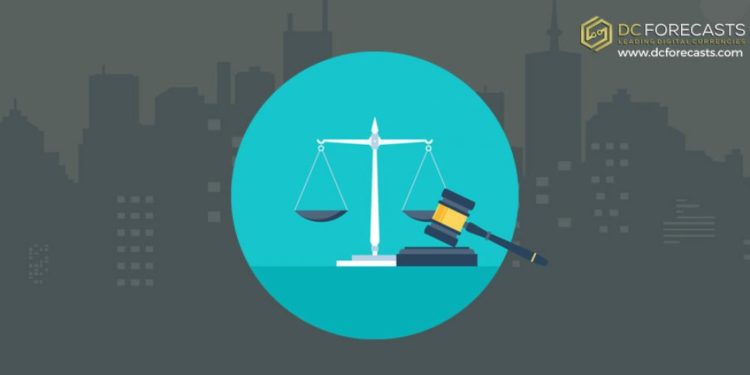US authorities use old AML tools to crack down on cryptocurrencies with the new Travel Rule changes that are up for discussions with new cases in the courts as we are reading more in today’s cryptocurrency news.
Before the Bank Secrecy Act of the 1970s, there were no federal standards for banks to keep records on activity that fall under the suspicious category. There were also no consistent reporting requirements and it was the BSA that established the $10,000 threshold that stands to this day. however, the BSA didn’t banish money laundering from the US and in 1986 it only became classified as a federal crime which marked a landmark in global anti-money laundering. Despite the classification, America’s proud tradition of illicit financing still goes on to this day.
The technology behind banking was making major advances before the fintech got in the way and since 1970 the globalization movement picked up a fair bit of steam which opened up new opportunities for international shell companies to gather the money stripped of incriminating information about the funds’ original owner. And then came bitcoin. For a long time, it was not clear whether any of the rules were going to apply to crypto but in 2013, the FinCEN assured that the industry should be qualified as a money services industry. these companies had to register as MSB and fall under the BSA purview.
Regulators were still lost when it came to the technology behind Bitcoin as FinCEN made clear last year that it was still paying attention. This year was quite interesting for regulators that ramped up the capabilities to follow through with the declared authority. The US AML laws descend from the 1970 BSA which was the first of its kind anywhere in the world. The Money Laundering Control Act 1986 made violations a federal criminal offense and involved the DOJ with the FBI as well.
FinCEN then became a full Treasury bureau as part of the PATRIOT act from 2001 when cutting off illicit funds to terrorism became the number one priority. The work of the agency can overlap with the Office of Foreign Asset Control which spearheads sanction enforcement as well as the Internal Revenue Service which handles tax investigations:
“FinCEN’s mission is to safeguard the financial system from illicit use and combat money laundering and promote national security through the collection, analysis, and dissemination of financial intelligence and strategic use of financial authorities.”
DC Forecasts is a leader in many crypto news categories, striving for the highest journalistic standards and abiding by a strict set of editorial policies. If you are interested to offer your expertise or contribute to our news website, feel free to contact us at editor@dcforecasts.com

























Discussion about this post